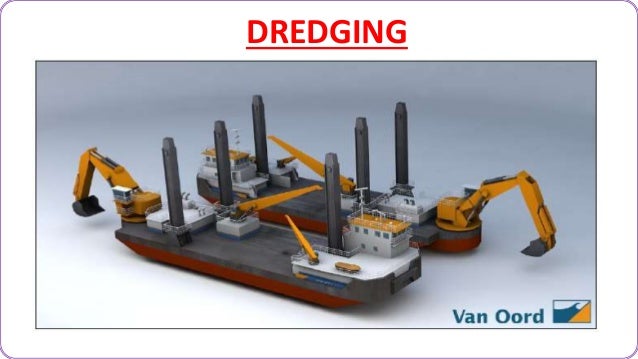

Data dredging has been fervently debated over the past two decades (Browman and Skiftesvik, 2011 Mazzola and Deuling, 2013 Head et al., 2015 Lakens, 2015 Bin Abd Razak et al., 2016 Bosco et al., 2016 Bruns and Ioannidis, 2016 Hartgerink et al., 2016 Nissen et al., 2016 Amrhein et al., 2017 Hartgerink, 2017 Hollenbeck and Wright, 2017 Prior et al., 2017 Raj et al., 2017 Rubin, 2017 Wicherts, 2017 Hill et al., 2018 Turner, 2018 Wasserstein et al., 2019) HARK can lead to data dredging, data fishing, or p-hacking that is unduly manipulating data collection or statistical analysis in order to produce a statistically significant result. HARK is often viewed as inconsistent with the hypothetico-deductive method, which articulates a hypothesis and an experiment to falsify or corroborate that hypothesis. Hypothesizing after the results are known (HARK), a term coined by Kerr ( 1998), defines the presentation of a post hoc hypothesis as if it had been made a priori. The community itself is thereby supported to be more productive in generating and critically evaluating theories that integrate wider, complex systems. Validation underpins ‘natural selection’ in a knowledge base maintained by the scientific community. With a model-centered paradigm, the reproducibility focus changes from the ability of others to reproduce both data and specific inferences from a study to the ability to evaluate models as representation of reality. Reproducibility is attained by employing two levels of model validation: internal (relative to data collated around hypotheses) and external (independent to the hypotheses used to generate data or to the data used to generate hypotheses). We here propose a HARK-solid, reproducible inference framework suitable for big data, based on models that represent formalization of hypotheses. Some of the HARK precautions can conflict with the modern reality of researchers’ obligations to use big, ‘organic’ data sources-from high-throughput genomics to social media streams. Despite potential drawbacks, HARK has deepened thinking about complex causal processes.

Hypothesizing after the results are known (HARK) has been disparaged as data dredging, and safeguards including hypothesis preregistration and statistically rigorous oversight have been recommended.


 0 kommentar(er)
0 kommentar(er)
